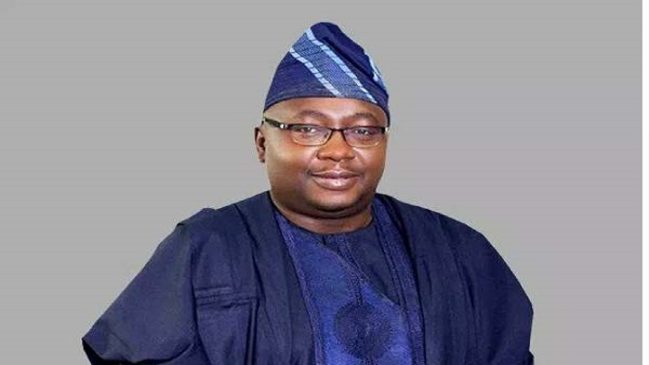The Minister of Power, Adebayo Adelabu, has raised alarms over a shortage of trained technicians in Nigeria’s power sector, revealing that over 400,000 recently imported meters remain uninstalled due to the lack of qualified personnel.
Speaking at the Nigeria Energy Conference in Lagos, the minister emphasized the urgent need to train and certify local technicians to close the human capacity gap in the industry.
According to Adelabu, of the 500,000 meters imported last month, fewer than 100,000 have been installed because of the shortage of certified installers.
“We brought in over 500,000 meters last month. I’m telling you, we have not installed 100,000. Why? Absence of installers. And we say youths are unemployed,” he lamented.
He warned that if all six million meters needed to close the country’s metering gap were imported today, it could take up to five years to install them due to the same lack of manpower.
“We don’t have meter installers in Nigeria. If we bring all six million meters that represent the gap today, it will take five years to install them. We need to train technicians and certify installers, and that’s just one example of the challenges in the sector,” he said.
Describing the situation as part of a broader human capital deficit in the power industry, the minister stressed that developing local capacity is essential for sustainable growth.
“There are so many activities in the sector lacking human capacity. We must continue to train our people and develop local content from our resources. Why must we continue to import?” he questioned.
Adelabu noted that the ministry had recently commissioned new facilities to enhance technical capacity in the sector, including training equipment, simulation infrastructure, and workshop blocks at the National Power Training Institute, in partnership with development partners.
Reflecting on the state of human development in the industry, he lamented that training has declined since the days of the defunct National Electric Power Authority (NEPA) and the Power Holding Company of Nigeria (PHCN).
“The last set of training for engineers was during NEPA and PHCN. Since the successor companies took over, how much training have they added to the sector? How many DisCos are training as expected? It is not enough,” he said, highlighting the urgent need to invest in local technical capacity.








